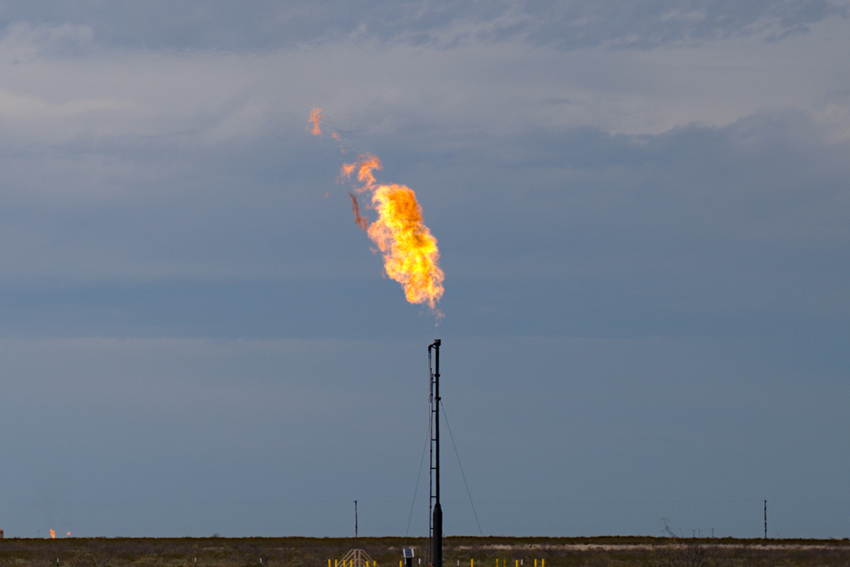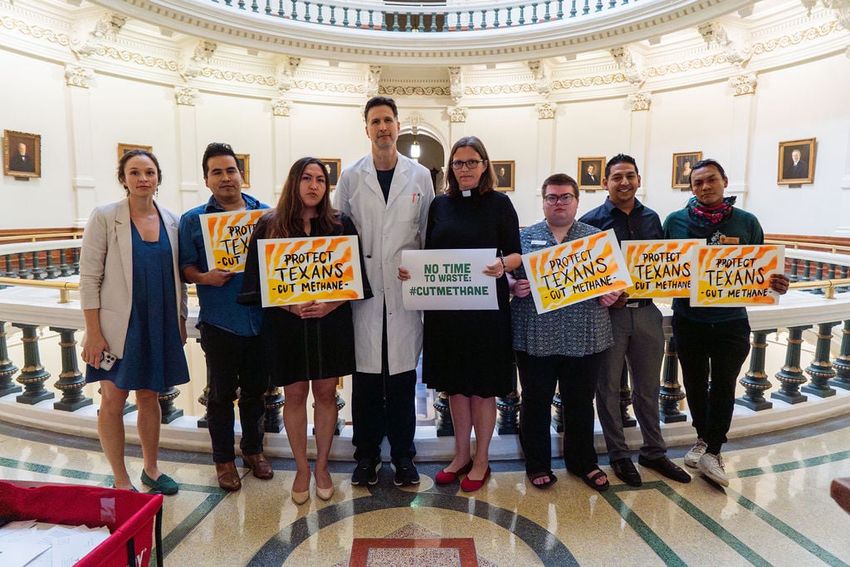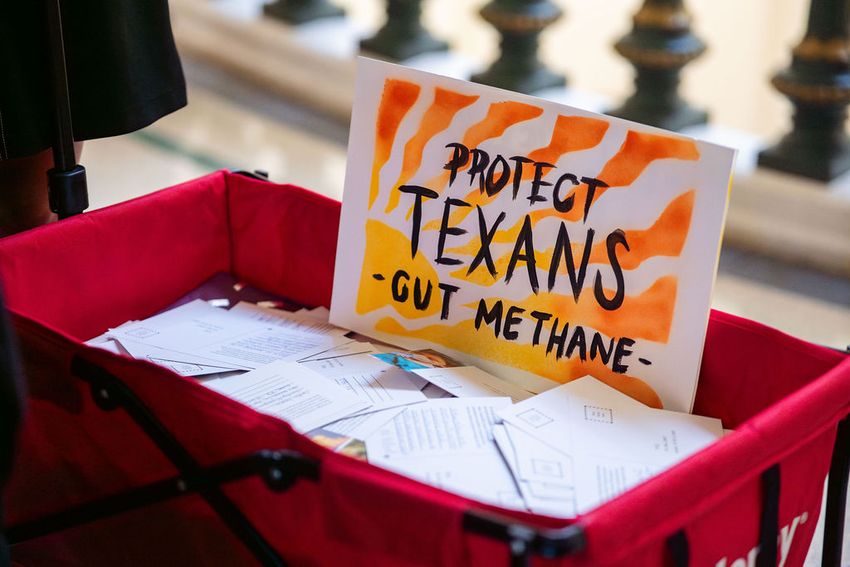EPA Retreats, Texas Must Act — Why Methane Rules Can’t Wait
/https://static.texastribune.org/media/files/092750f5cd3b1ce693ef17817dcd133a/Texas-Methane-Network-Sponsor-Content-092225-Primary%20Image.jpg)
by Texas Methane Network
Grassroots coalition of health experts, faith leaders, and community advocates fighting for methane regulations to protect Texas families.
As the federal government continues to roll back environmental protections, methane rules have been slower to unwind—and for good reason. Methane is fundamentally different from other pollutants. Cutting it presents an alignment of public health, environmental stewardship, and economic opportunity.
That’s why the Texas Commission on Environmental Quality’s (TCEQ) delay in proposing methane rules caught the attention of advocates statewide.

The Texas Methane Network is a broad coalition of health and environmental advocates —pediatricians, pastors, oil region workers, and parents—united by a shared concern: the urgent need to reduce methane pollution in Texas. Methane doesn’t linger as long as carbon dioxide, but while in the atmosphere, it is more than 80 times more powerful at trapping heat. That makes cutting methane one of the fastest, most effective ways to slow climate change. Methane never comes alone—it’s released alongside harmful volatile organic compounds (VOCs) such as benzene, toluene, and xylene. Cutting methane emissions protects public health and climate, supports energy innovation and job growth, and strengthens Texas’ position as an energy leader.

In response to Texas’ delay, our coalition mobilized communities across the state. We sent around 2,000 grassroots messages from Texans in the three major oil and gas basins and built bridges between unlikely allies.
On September 10, we gathered at the Texas Capitol with a clear, unified message: Keep moving forward on a methane rule. Keep investing. Keep protecting Texans.
TCEQ’s failure to meet its August deadline and notify the public of a delay only sharpened our urgency.
As Rev. Dr. Becca Edwards put it: “The good news is that we have the technology to capture leaks and routine flaring and hold super emitters accountable.”
Methane detection and repair technologies are available, proven, affordable, and already deployed by operators. Capturing methane isn't just environmentally responsible; it makes business sense. Leaks, venting, and flaring represent lost product and revenue, while endangering nearby communities. Every molecule of methane that escapes is energy that could otherwise heat homes, power businesses, and support Texas’ economy.
In the Eagle Ford Shale, families report methane emissions so severe that gas bubbles from their faucets. Dr. Donald Williams, a pediatric hospitalist, has documented a rise in asthma and respiratory illness in communities living near uncontrolled emissions.
“Living near fracking sites is associated with increased risks of adverse health outcomes,” Dr. Williams explains. “More than five million people live within half a mile of oil and gas operations. That means millions of children are growing up breathing air polluted by methane every day. Strong methane safeguards can be preventative medicine.”
While methane pollution affects all Texans, the burden falls hardest on the most vulnerable: children, the elderly, and low-income families who often lack the means to relocate. These are the people our coalition works with as we advocate for clean air and healthy communities.
We were also joined by Texans from oil-producing regions who understand that methane regulation can create thousands of high-quality jobs in monitoring, repair, and emissions control. Texas companies are already hiring technicians, engineers, and infrastructure specialists to meet demand for lower-emission energy. Texas is home to 291 methane mitigation employee sites, accounting for 28 percent of the industry’s U.S. locations. Stronger rules will ensure these jobs grow here in Texas—not overseas.

At the same time, international buyers are increasingly favoring low-emissions natural gas. That means Texas producers who maintain investments and move forward on methane reductions will gain a competitive advantage in the global marketplace, while those dragging their feet risk being shut out.
Despite TCEQ’s delays, the fundamentals remain unchanged. The technology is available. The health harms are ongoing. The economic opportunity is clear. What’s changed is that we now have more time—and an even greater responsibility—(not to procrastinate, but) to get the rules right.
We will continue doing the work: organizing communities, educating policymakers, and holding TCEQ accountable to its promise. We remain committed to partnership with anyone serious about progress.
Our message is simple: Methane pollution rules cannot wait.
The tools exist. The science is clear. The public is mobilized.
Now, the question is: What will Texas do next?
The Texas Methane Network is a diverse coalition of health professionals, faith leaders, environmental advocates, and community members working for strong methane pollution standards in Texas. Learn more and join our advocacy efforts at texasmethanenetwork.com/